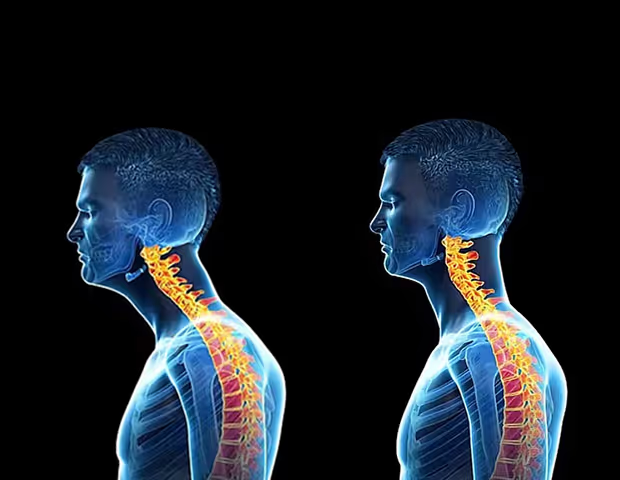Mental health

Mental health vs. behavioral health
Mental health is about how your psychological state affects your well-being, while behavioral health is about how actions affect your well-being.
For many people, including mental health professionals, the terms are interchangeable, but there’s more to mental health than behaviors, and behaviors affect more than mental health.
Mental health refers to your psychological state.
Behavioral health is interlinked with mental health, but behavioral health looks at everyday behaviors and how they influence both physical and mental well-being. Unlike mental health, behavioral health doesn’t focus on psychological sensations. Instead, it looks at how behaviors influence mental and physical health.
Mental and behavioral health relationship
Mental health is a component of behavioral health. Mental health is often the “why” behind certain behaviors, or the lack thereof.
A 2018 study, for example, found that positive mental health features like high self-esteem predicted more beneficial behavioral outcomes among low-income inner-city youth.
But behavioral health can also overlap with mental health.
For example, depriving yourself of sleep is a behavior that has both physical and psychological consequences. ResearchTrusted Source has shown that inadequate sleep significantly increases the odds of experiencing regular mental distress.
From a behavioral perspective, however, sleep deprivation has a larger wellness effect. It has also been associated with obesity, diabetes, and cardiovascular disease.
The relationship between sleep and mental health
Researchers have reported that sleep seems to directly impact mental health. A study from 2021 found that improving sleep had a significant effect on participants’ anxiety, depression, rumination, and stress.
Mental health is connected to sleep quality because adequate sleep is needed to help you:
- make decisions
- problem-solve
- regulate emotions
- learn
- pay attention
When you’re sleep-deprived, these skills are compromised, causing a potential increase in anxiety, depression, and stress over time.
Sleep affects mental and physical health in probably hundreds of ways. What really allows us to beat ourselves up through a day and come back and do it again the next day is our ability to recover. And sleep plays a huge role in that process. And we know that because we know that during certain aspects of sleep, we are entering into the stages that allow us to produce chemicals like growth hormone.
That growth hormone is everything in terms of maintaining our vigor, youthfulness, and health. We know there are direct correlations and ties between our sleep quality and quantity and our likelihood of getting sick. We've always known it I think it's much more recently, in medical history, that we've been able to understand why. Oh, of course, because when we sleep poorly or we sleep-deprived, these certain immune modulators become less available to us. So they don't work as well.
More health related problems wooden pillow solves

Phone neck syndrome
If you are here and reading this article, you are likely someone who has been suffering with “text neck” or “phone neck syndrome". The term "Phone Neck Syndrome" describes our health condition that develops from frequent usage of screens especially phones while we are texting and scrolling.
.avif)
Poor posture
Poor posture goes beyond aesthetics and can have surprising and often overlooked consequences that significantly affect our health. From headaches, neck and lower back pain to shoulder pain and digestive problems, the effects of poor posture permeate various systems within our bodies.

Headache
Headache pain results from signals interacting among your brain, blood vessels and surrounding nerves. During a headache, multiple mechanisms activate specific nerves that affect muscles and blood vessels. These nerves send pain signals to your brain, causing a headache.
Want to see howwe help people?
people?

Free resources, from the heart
& get a free webinar now!